
Mastering Organ Sheet Music: A Comprehensive Guide for Aspiring Musicians
Reading organ sheet music effectively is a skill that opens up a world of musical possibilities. Whether you're practicing on your own, collaborating with a choir, or simply refining your technique, understanding how to navigate the intricacies of sheet music is crucial. In this guide, we’ll provide you with essential tips and techniques to enhance your reading skills, making it easier for you to dive into playing, especially when it comes to interpreting beginner choir sheet music.
Understanding the Basics of Sheet Music
Before diving into advanced techniques, it's essential to grasp the fundamentals of sheet music. This knowledge serves as the foundation for everything else.
1. The Staff and Clefs
Sheet music is built upon a system of staffs, which consist of five lines and four spaces. Each line and space represents a specific musical note. In organ music, you will encounter two clefs:
- Treble Clef: Typically used for notes played with the right hand.
- Bass Clef: Generally used for notes played with the left hand.
2. Notes and Rests
Each note has a corresponding value, determining how long it should be held. Understand the basic note durations: whole notes, half notes, quarter notes, and eighth notes. Similarly, familiarize yourself with rests, which indicate silence in music. Recognizing both notes and rests is critical, especially when interpreting busy passages in beginner choir sheet music.
Developing Effective Reading Strategies
Once the basics are understood, you can develop strategies to read organ sheet music more effectively. Here are some tips to help you.
1. Practice Regularly
Just like any other skill, reading music improves with consistent practice. Dedicate time each day to practice your reading skills. Start with simple beginner choir sheet music before progressing to more complex pieces. The goal is to increase your fluency.
2. Break It Down
Instead of attempting to play through an entire piece at once, break it into manageable sections. Focus on a few measures at a time, ensuring that you can play them confidently before moving forward.
3. Use a Metronome
A metronome keeps a steady beat. This tool is invaluable when learning new pieces, allowing you to maintain tempo and rhythm accuracy. Start slowly, gradually increasing the tempo as you become more comfortable with the music.
Enhancing Your Sight-Reading Skills
Sight-reading is one of the essential skills needed for reading organ sheet music efficiently. Here are several techniques to enhance your sight-reading abilities:
1. Read Ahead
As you play, try to look a few notes ahead instead of focusing on the note you're currently playing. This method increases your likelihood of smoothly transitioning between notes, which is especially beneficial when playing beginner choir sheet music.
2. Recognize Patterns
Many musical pieces feature repeated patterns and intervals. Familiarizing yourself with common patterns will help you anticipate what comes next, simplifying the reading process.
3. Embrace Mistakes
Every musician makes mistakes, especially while learning. Instead of getting frustrated, treat mistakes as opportunities to learn. Analyze where you went wrong and work on those specific areas.
The Importance of Finger Placement
Effective finger placement is critical in making your organ playing more fluid and precise. Here are some pointers:
1. Use Consistent Fingering
Establish a fingering system for each piece you play. Consistency in finger placement promotes muscle memory, which is essential for playing smoothly, particularly when navigating beginner choir sheet music.
2. Position Your Hands Correctly
Ensure that your hands are relaxed and positioned correctly on the keys. A comfortable hand position will reduce tension and increase your ability to move between notes effortlessly.
Identifying Dynamics and Articulation
Reading all the nuances in music is crucial for a polished performance. Here’s how to pay attention to dynamics and articulation:
1. Understand Dynamics
Dynamics refer to the volume of music, which can vary from soft (piano) to loud (forte). Pay attention to these markings, as they add depth and emotion to your music.
2. Notice Articulation Marks
Articulation indicates how notes should be played, whether staccato (short and detached) or legato (smoothly connected). Recognizing and executing these marks effectively can greatly enhance your performance quality.
Utilizing Resources to Improve Reading Skills
There are numerous resources available to help you improve your organ sheet music reading skills. Here are a few suggestions:
- Books and Methodologies: Explore books that focus on sheet music reading and organ techniques. They often provide structured lessons and practice exercises.
- Online Tutorials: Many online platforms offer video tutorials specifically designed for reading organ sheet music. These can be incredibly helpful for visual learners.
- Practice with Others: Collaborate with fellow musicians, whether in a choir, a band, or informal meet-ups. Playing with others will expose you to different styles and enhance your reading skills.
Listening as a Learning Tool
Listening to music can significantly improve your reading and playing skills. Here’s how:
1. Listen to Recordings
Listening to recordings of pieces you’re trying to learn can provide insight into interpretation, dynamics, and phrasing. It also helps familiarize you with the piece, making it easier to read the music when you sit down to play.
2. Attend Live Performances
Witnessing skilled musicians perform can provide inspiration and insight into their techniques and interpretations. If you have the chance, attend concerts, masterclasses, or church services to observe professionals in action.
Final Thoughts: Your Musical Journey Awaits
Reading organ sheet music effectively is not just about hitting the right notes; it's about breathing life into the music. As you improve your skills and build your confidence, you'll not only become a better musician but also find joy in sharing your talents, whether in a choir or solitary practice. Remember, every great musician started as a beginner, much like the beginner choir sheet music you’re about to conquer. Keep practicing, stay patient, and let your passion for music guide you on this wonderful journey!
Explore another user's Shopify store by clicking here. Please note that this is a promotional link, and we assume no responsibility for the content on the linked store.
Silent Night Free Sheet Music Canon | Easy Organ Arrangement for Christmas
Away in a Manger Intermediate Piano Solo
Christ the Lord is Risen Today Fanfare | Easter Organ Sheet Music. For Organ, Choir or Congregation
Come Thou Fount of Every Blessing Organ Solo – A Powerful and Timeless Arrangement
View Comments
Leave a Comment
No comments

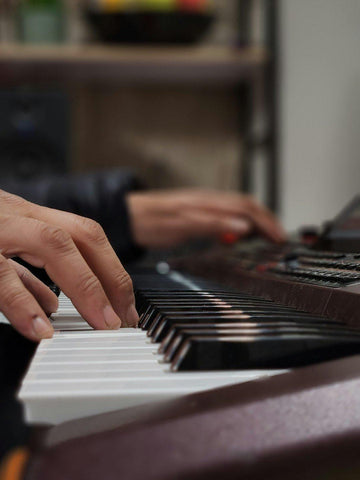

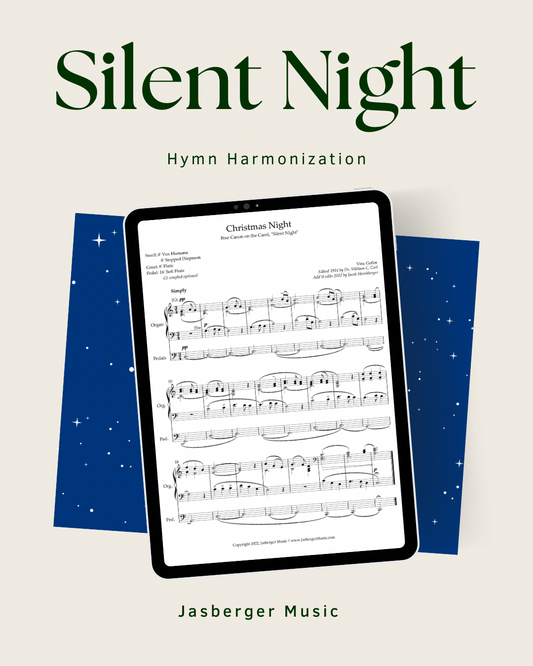
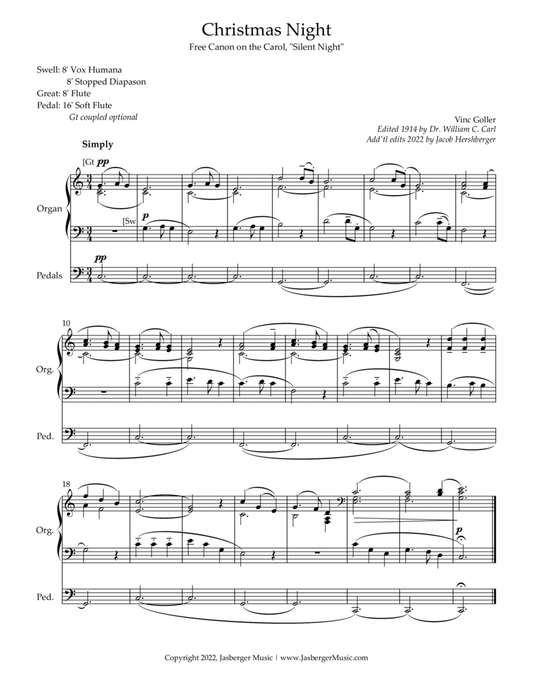

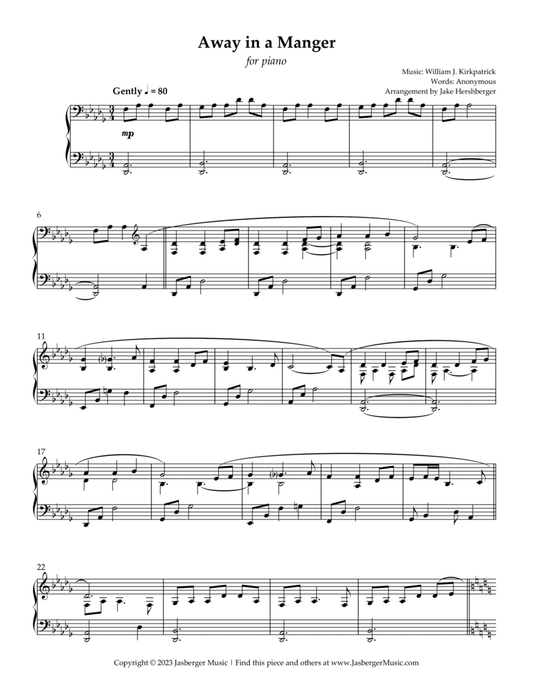

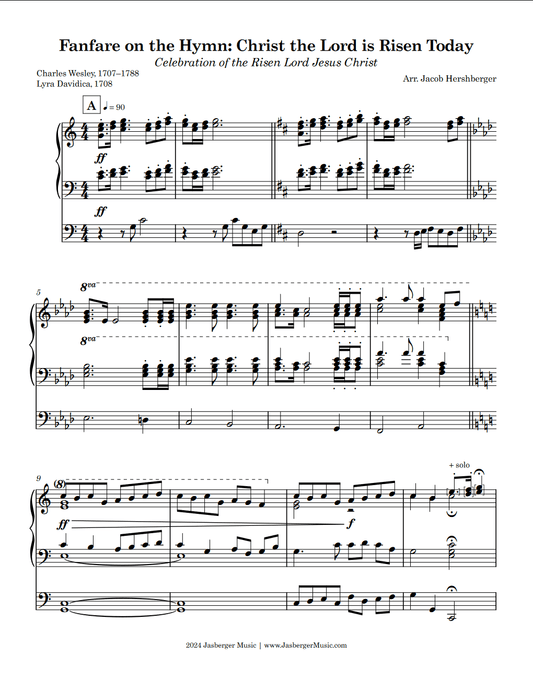

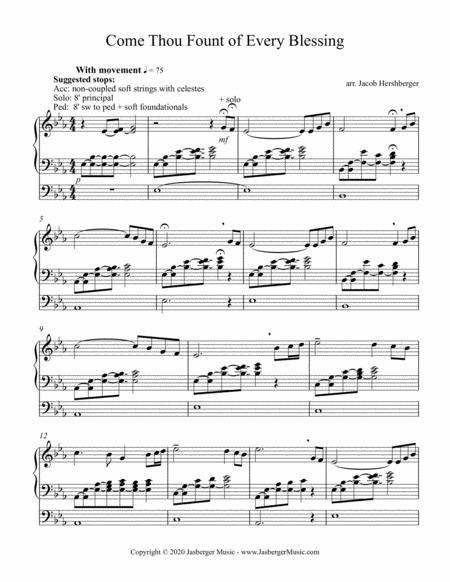

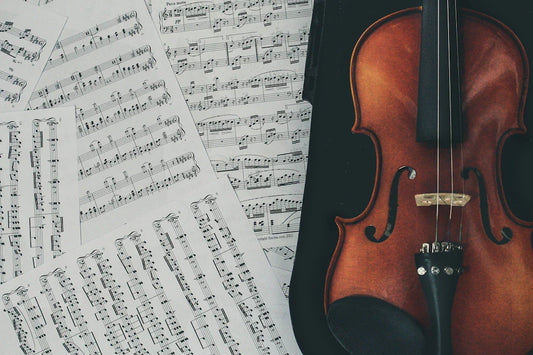

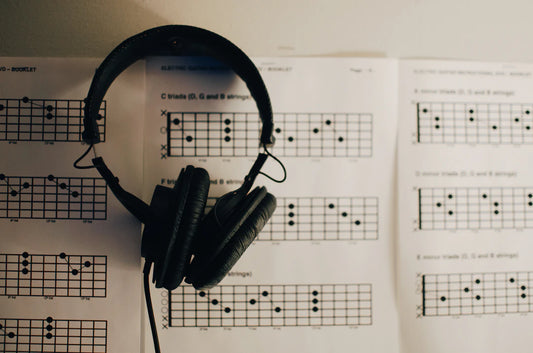


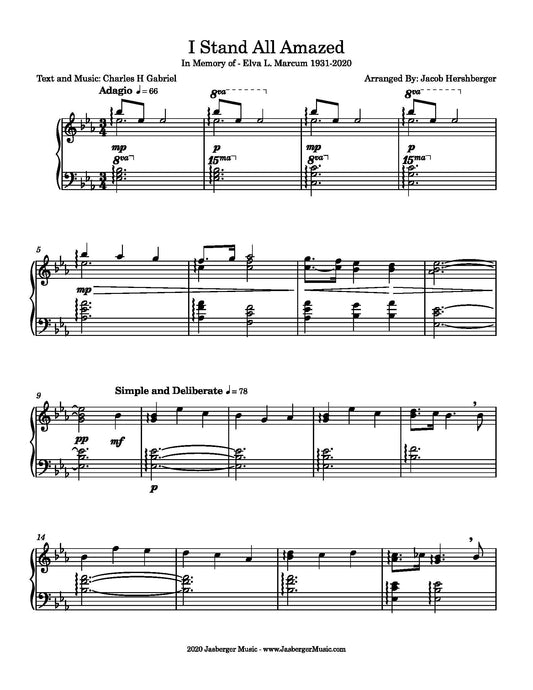

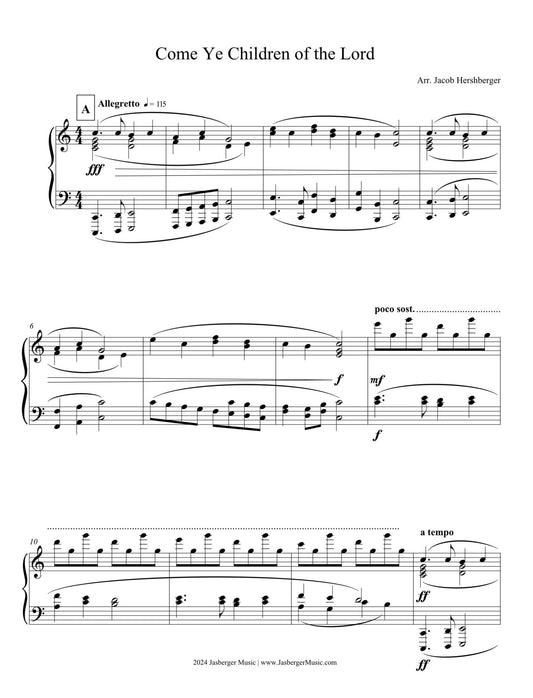
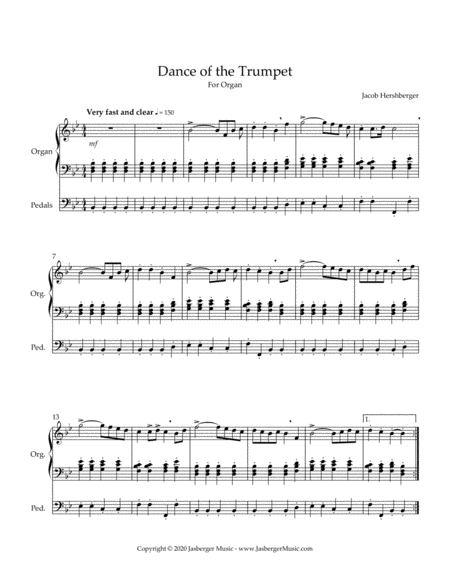
comments